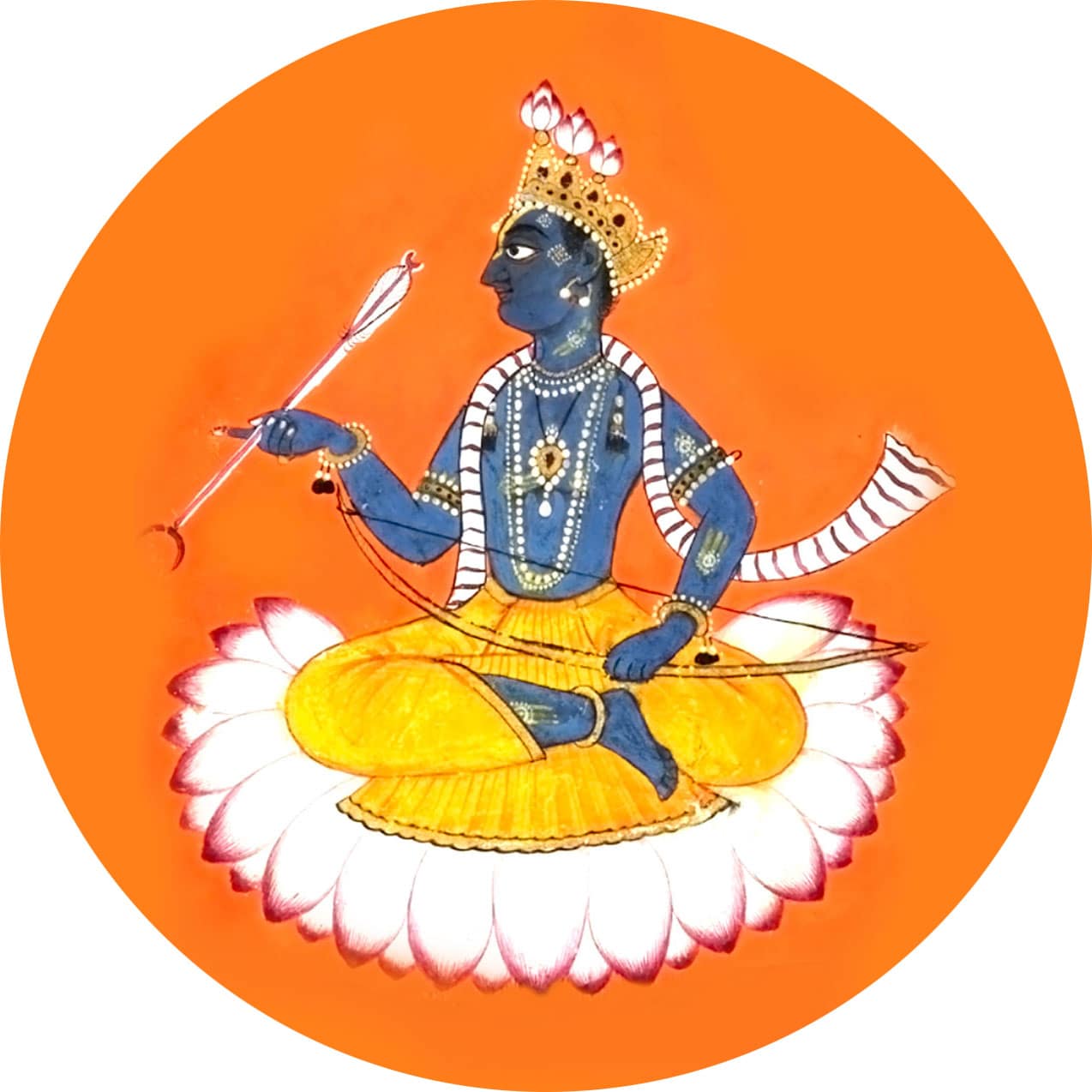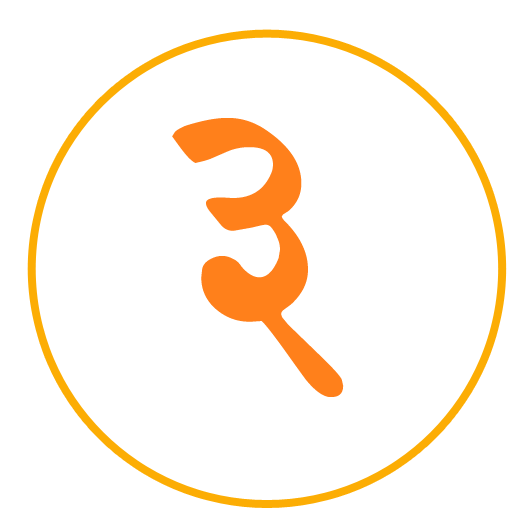LITTLE ENCYCLOPAEDIA
DHARMA
The concept of DHARMA is the core of Hinduism.
The term derives from the Sanskrit root “dhr”, which means “to support”. All that holds and sustains manifestation, the world and all beings and society is dharma.
Over the centuries, the word has been used to translate “religion”, “code of conduct”, “law”, “religious ritual”.
In the Holy Scriptures the term Dharma is used to describe “the whole complex of religious duties”, and is the word most commonly used with the meaning of religion, that is, of the natural and eternal function of the individual being; which consists in following the laws established by God and serving him with love and devotion.


vishesha-dharma
the particular dharma which can vary from individual to individual.

varna-ashrama-dharma
it varies according to the stage of life (eg school-age child, adolescent, head of the family, monk) and according to the profession and role in society.

sva-dharma
the individual dharma, according to one’s inclinations and attitudes, for example an artist, a craftsman, etc.

purusha-dharma e stri-dharma
the dharma of man (purusha-) and woman (str-) respectively
Dharma is the quality inherent in everything: of fire is heat; the splendor of the sun; gold is sparkling, sugar is sweetening and so in man it is to love God. Dharma has a double connotation: ethical and ontological. In the first sense, the dharma shows itself as a universal quid, not the exclusive prerogative of a single religion (as principles applicable across all faith traditions) essential for promoting peace, growth and harmony between beings. Dharma implies the set of physical, biological and ethical laws that maintain life; an order that must also be reflected in the actions of man. What distinguishes humans from animals is the ability to discriminate what is right to do and what is not, that is, the ability to apply the dharma to one’s life.
In the Vaisheshika-sutras, Kanada states, “That which is the direct cause of the prosperity and material pleasures and supreme spiritual realization of all beings, that is dharma.” This instead generates suffering and conflict is the exact opposite of dharma: adharma.
Dharmas are man’s religious, social and family observances and duties that sustain and nourish life and prevent, if observed, falling into ruin and pain (adharma). Dharma is the principle that places all individuals in the social context, according to universal principles.

